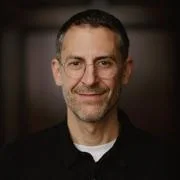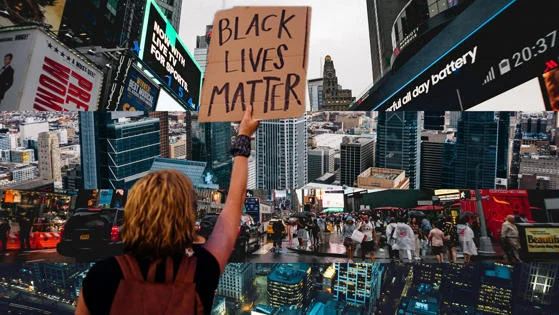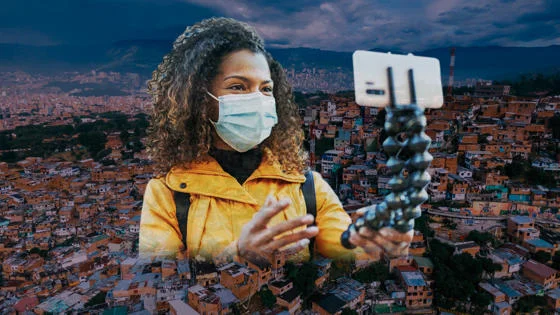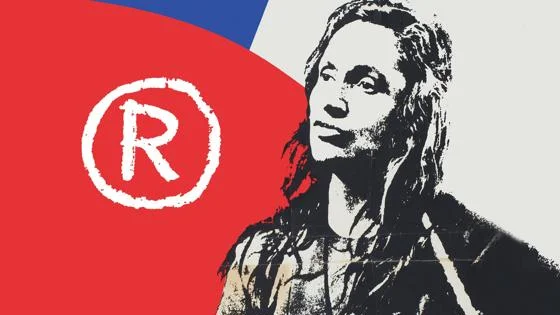Racial currents: can a project to boost trade on Colombia’s Magdalena River address historical inequalities?
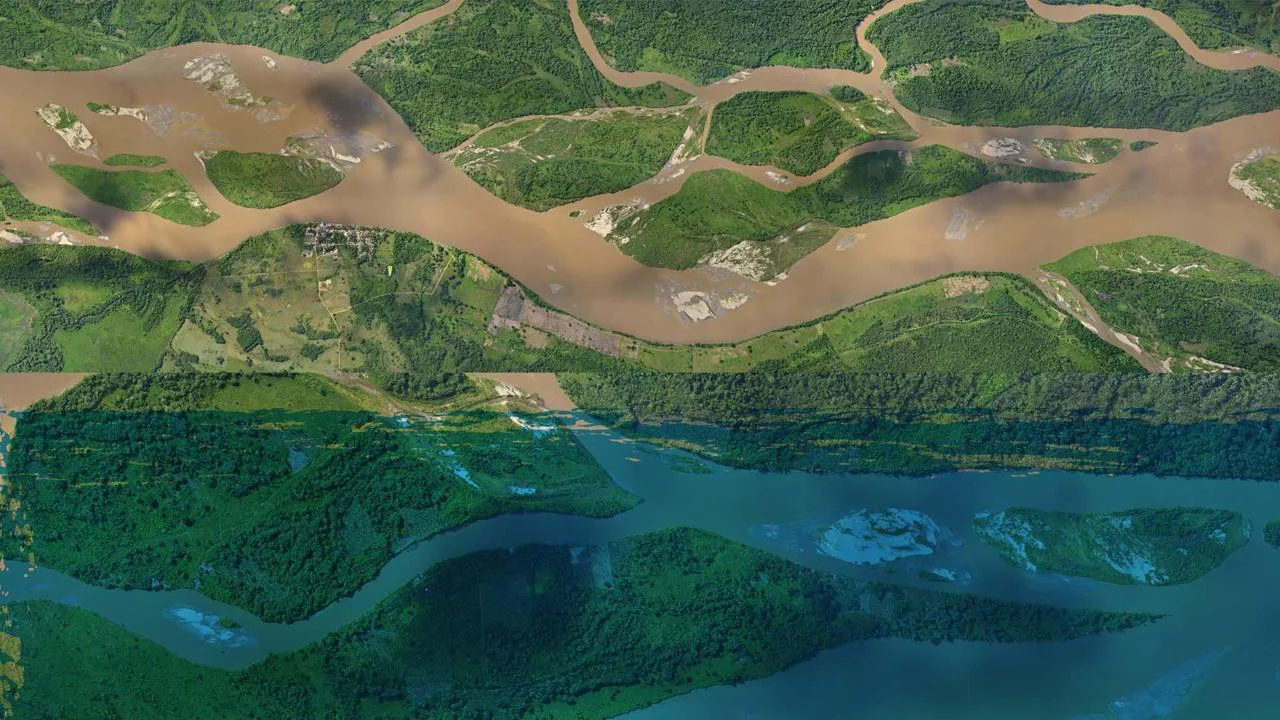
Contents
From the early 16th century to the mid 20th century, Colombia’s Magdalena River was the primary artery of trade and travel between the Andean interior and the Caribbean coast, flowing as it does for nearly 1,000 miles from the mountains to the sea.
The economic fortunes of the Spanish Empire, and the independent republics that followed, depended on the river. Gold, silver, tobacco, bananas, sugar, coffee and people were all transported along it. Connected by canal to Cartagena – a key hub for the transatlantic slave trade – the river was central to the expansion of racial capitalism in the Americas.
Underpinning riverine trade were boatmen known as bogas — originally enslaved Indigenous and African men, and later free people of African descent from the Magdalena River valley. According to prevailing theories of race, biology and geography, bogas were thought to be ideally adapted to the tough work in harsh conditions.
The river is an important place to think about race and racism, and how they are linked to economic development and environmental degradation.
The river and racial inequality
Reflecting on the river’s role in long, violent histories of resource extraction, human subjugation and wealth accumulation, Austin Zeiderman, Associate Professor of Geography at LSE, is currently undertaking research looking at a large infrastructure project designed to boost commercial shipping along the waterway. Will it live up to its promises of economic growth, social equity and environmental sustainability or will it continue historical patterns of inequality and exploitation?
"The river is an important place to think about race and racism, and how they are linked to economic development and environmental degradation," he says.
"Colombia is organised in terms of geographical - or regional - categories that are also explicitly and implicitly racial categories. The highland interior, home to Bogotá, is understood to be ‘whiter’ and more ‘civilised’. The Caribbean coast is thought to be more ‘African’ and less ‘developed’.
"The river connects these hierarchically differentiated parts of Colombia, reflecting a history dating back to colonisation, to enslavement and genocide, to mining and plantation economies. This manifests itself today in the current social and economic order and the way that both people and the environment are positioned within it."
Will those most in need benefit from the project’s promise of economic, social and political inclusion?
In the second half of the 20th century, a combination of economic, political and ecological forces precipitated the river’s decline. The flow of commerce along the river all but dried up until 2014 when the Colombian government approved US$1 billion to establish a permanently navigable channel.
The project has faced corruption scandals and delays but there is now an attempt to restart it. The goal is to facilitate shipping traffic through dredging, channelling and maintenance works designed to reduce sedimentation at critical chokepoints.
Projects like these inevitably provide a stage on which injustices can be debated and confronted.
Despite government claims that these technical interventions will bring economic, social and environmental advantages, Dr Zeiderman points out that nearly all the products that are currently moving along the river are fossil fuels. What is more, those living along the river, who have been consistently disadvantaged by Colombia’s regional and racial hierarchies, suspect they do not stand to benefit.
The project could reproduce old divisions or provide a stage to address injustices
"The infrastructure project will have a major impact on those who live and work on or along the river," he explains. "It will affect those who depend on its fisheries or collect sand from it for local construction, who bathe in it, wash their clothes in it or travel along it - because it is the main mode of transport and livelihood in the region. Making the river into a ‘fluvial expressway’ or a ‘logistics corridor’ is a radically different vision to what the river is for many people today.
"We should not assume that this project will automatically reproduce long-standing social and environmental injustice," Dr Zeiderman says. "Projects like these inevitably provide a stage on which injustices can be debated and confronted."
Dr Zeiderman is interested in thinking about global, transnational problems, whether environmental or social, through specific places and people’s lived experiences.
He spends time talking to people whose lives are entangled with the river. This has taken him to ports, riverside towns, the air-conditioned offices of logistics companies and on a journey on a commercial riverboat up the Magdalena. He has interviewed managers of the engineering project, fisher people, small scale merchants who run shops that depend on the river for the movement of goods, and families who have historically worked in the riverboat industry.
"I try to foreground everyday manifestations of bigger questions related to racialised inequality and environmental crisis. Sometimes we lose sight of the importance of these ordinary encounters," he says.
"If we are to move towards a truly equal society or sustainable relationship to the planet then where do we look? Big international policies, reports or agreements are, of course, important, but we also need to focus attention on what’s happening on the ground."
For Dr Zeiderman it’s important to see research as provoking deeper, more nuanced and reflexive thinking about issues like racism and the climate crisis.
"We need solutions and interventions, but we also need new ways of thinking and seeing," he says. "We have to learn to engage with environmental questions in and through questions of social justice, and in particular to recognise the centrality of race even when it’s not named as such."
Dr Austin Zeiderman was speaking to Sue Windebank, Senior Media Relations Manager at LSE.
Image: Shutterstock
Download a PDF version of this article

